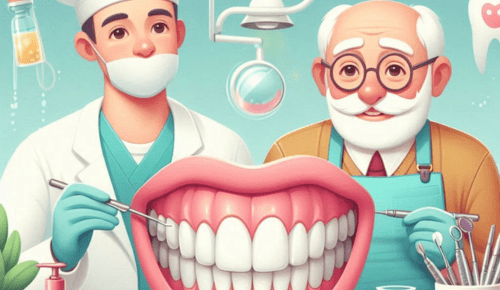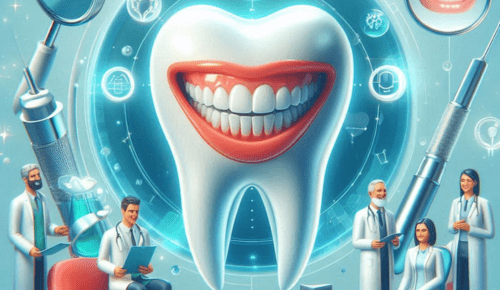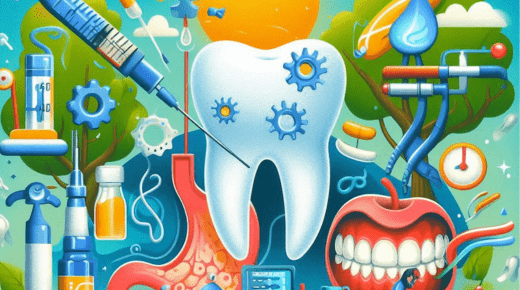For many of us, chewing sugar-free gum has become a habitual part of our daily routine, often used as a quick fix to freshen our breath or satisfy a sweet craving. But have you ever stopped to think about the impact of sugar-free gum on your oral health? According to our local dentist North York ON, sugar-free gum can have both positive and negative effects on your teeth and gums. On one hand, sugar-free gum can stimulate saliva production, which can help neutralize acids and remineralize teeth. On the other hand, some sugar-free gums can contain acidic ingredients or artificial sweeteners that may be detrimental to oral health.
This comprehensive blog will delve into the latest research and explore the impact of sugar-free gum on oral health, helping you make informed choices about your gum-chewing habits.
What is Sugar-Free Gum?
Sugar-free gum is a type of chewing gum that uses artificial sweeteners instead of sugar. These sweeteners, such as xylitol, sorbitol, and aspartame, provide a sweet taste without the negative effects of sugar on oral health.
What Are The Benefits of Sugar-Free Gum on Oral Health?
Numerous studies have shown that sugar-free gum can positively impact oral health. Some of the benefits include:
- Reduced Plaque and Gingivitis: Chewing sugar-free gum can stimulate saliva production, which helps to neutralize acids and wash away bacteria and food particles. This can lead to reduced plaque and gingivitis.
- Prevention of Tooth Decay: Sugar-free gum can help prevent tooth decay by reducing the amount of bacteria in the mouth. Xylitol, in particular, has been shown to inhibit the growth of Streptococcus mutans, a type of bacteria that contributes to tooth decay.
- Fresh Breath: Sugar-free gum can leave your mouth feeling fresh and clean. This is especially beneficial for individuals who suffer from halitosis (bad breath).
- Increased Saliva Production: Chewing sugar-free gum can stimulate saliva production, which helps to wash away bacteria and food particles. This can lead to a reduced risk of oral health problems.
Are There Any Drawbacks of Sugar-Free Gum on Oral Health?
While sugar-free gum can have a positive impact on oral health, there are some drawbacks to consider:
- Artificial Sweeteners: Some artificial sweeteners, such as aspartame, have been linked to health problems. While the evidence is still inconclusive, it’s essential to be aware of the potential risks.
- Digestive Issues: Some individuals may experience digestive issues, such as bloating, gas, or diarrhea, after consuming sugar-free gum.
- Overconsumption: While sugar-free gum can be beneficial, overconsumption can lead to an imbalance of gut bacteria. This can have negative effects on overall health.
What is The Best Sugar-Free Gum For Oral Health?
Not all sugar-free gum is created equal. When choosing a sugar-free gum, look for the following:
- Xylitol Content: Xylitol is a natural sweetener that has been shown to have oral health benefits. Look for a gum that contains xylitol as the primary sweetener.
- No Artificial Colors or Flavors: Opt for a gum that is free from artificial colors and flavors. These can be detrimental to overall health.
- Low Acid Content: Choose a gum that has a low acid content. Acidic gum can erode tooth enamel and lead to oral health problems.
Bottom Line
Sugar-free gum can be a valuable tool in promoting oral health. By stimulating saliva production, reducing plaque and gingivitis, and preventing tooth decay, sugar-free gum can help maintain a healthy mouth. However, it’s essential to be aware of the potential drawbacks, such as artificial sweeteners and digestive issues. By choosing a sugar-free gum that is low in acid and contains xylitol, you can reap the benefits of sugar-free gum while minimizing the risks.




